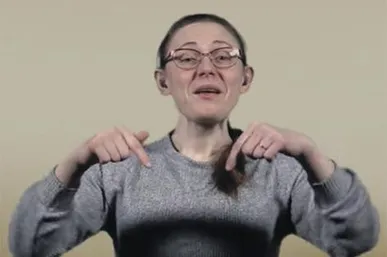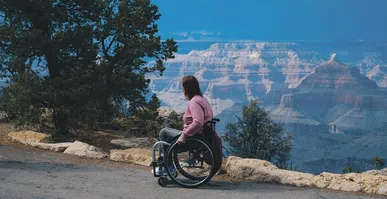
All Scripture to be signed

Nicola Laver
A mammoth project to translate the Bible into British Sign Language (BSL) is underway. So far, the team at the BSL Bible Translation Project has translated ten chapters of Mark’s Gospel, while another team has started work on parts of Genesis.
More than 400 sign languages are in use around the world, but just one has a full Bible in its own language: the Bible in American Sign Language was completed in 2020 by Wycliffe Bible Translators – after 39 years in the making.

Do we have a theology of disability?

Kay Morgan-Gurr
We love theology in the evangelical church. We want to know what God says about all sorts of things in the Bible. We soak in what those who have studied theology say, and sometimes we study it ourselves with the books that we read and the podcasts we listen to.
But do we, as evangelicals, have a theology of disability?
'Autistic Barbie': Representative, or insensitive?
Mattel has created an "Autistic Barbie."
The doll was launched on 11 January, but is already receiving very polarised reviews.